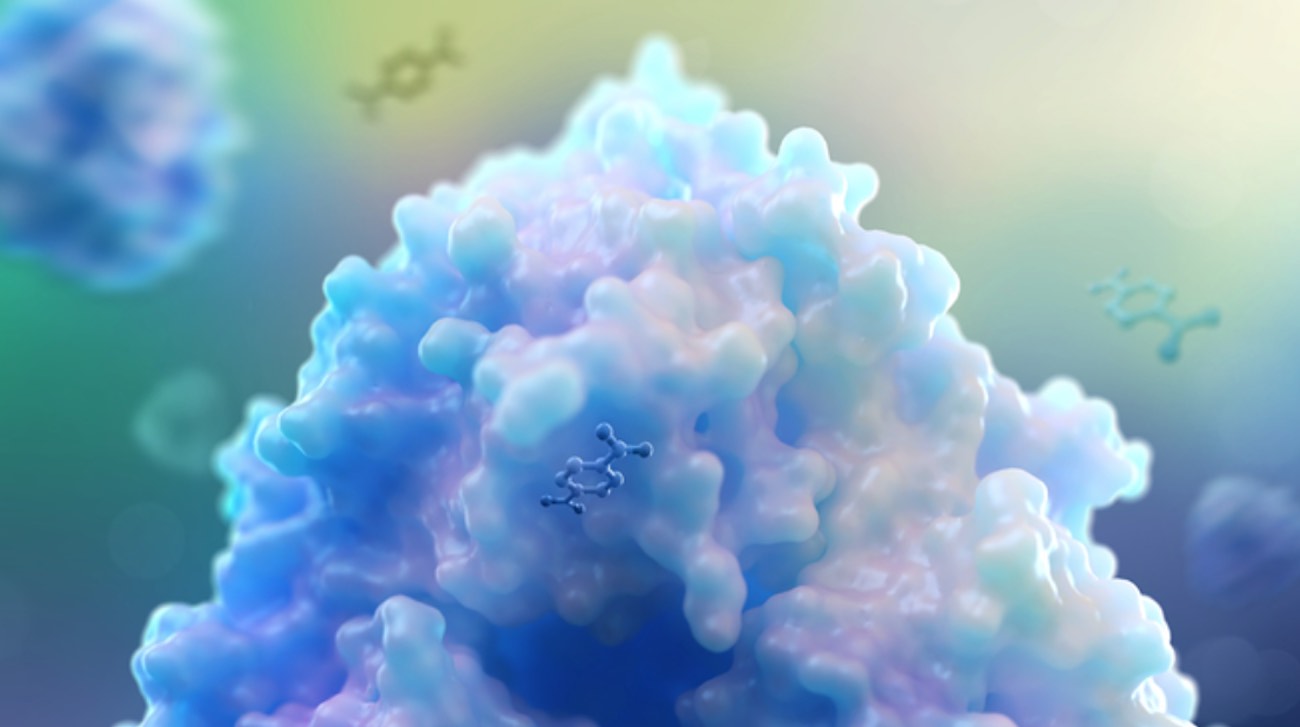Scientists who pioneered the use of enzymes to digest plastic have taken an important next step in developing nature-based solutions to the global plastic crisis.
They have characterized an enzyme that has the remarkable ability to break down terephthalate (TPA) – one of the chemical building blocks of polyethylene terephthalate (PET) plastic, which is used to make single-use beverage bottles, clothing and carpets.
The research was co-led by Professor Jen DuBois from Montana State University and Professor John McGeehan from the University of Portsmouth in England.
In 2018, McGeehan led the international team that developed a natural enzyme capable of degrading PET plastic. The enzymes (PETase and MHETase) break down the PET polymer into the chemical building blocks ethylene glycol and TPA.
This new research, published in the peer-reviewed publication, Proceedings of the National Academy of Sciencesdescribes the next steps specifically for managing TPA.
TIED TOGETHER: Scientists develop breakthrough method to recycle industrial plastics at room temperature in 20 minutes
“While ethylene glycol is a chemical with many uses — it’s part of the antifreeze you put in your car, for example — TPA doesn’t have many uses outside of PET, nor is it something that most bacteria can even digest,” Professor said DuBois . “However, the Portsmouth team found that an enzyme from PET-consuming bacteria recognizes TPA like a hand in a glove.”
Her team at MSU then demonstrated that this enzyme, called TPADO, breaks down TPA, and pretty much only TPA, with “amazing efficiency.”
“In recent years, incredible advances have been made in developing enzymes to break down PET plastic into its building blocks,” said Professor McGeehan, director of the University of Portsmouth Center for Enzyme Innovation.
POPULAR: New company turns 100 tons of non-recyclable plastic into building blocks for construction
“This work takes this a step further and looks at the first enzyme in a cascade that can break down these building blocks into simpler molecules. These can then be used by bacteria to create sustainable chemicals and materials that are essential to making valuable products from plastic waste.”
Using a powerful X-ray beam, they were able to generate a detailed 3D structure of the TPADO enzyme, revealing how it carries out this crucial reaction.
“This provides researchers with a blueprint for designing faster and more efficient versions of this complex enzyme,” says McGeehan.
SEE: Top 10 Wins For the Planet in 2021 – These make everyone an optimist
With more than 400 million tons of plastic waste produced each year, it is hoped this work will open the door to improving bacterial enzymes like TPADO. This will help address the plastic pollution challenge and develop biological systems that can naturally convert plastic waste into valuable products.
The study was carried out as part of the BOTTLE consortiuman international collaboration between the US and UK that brings together researchers from a variety of scientific fields to tackle the recycling and upcycling of plastics.
UPCYCLE This groundbreaking message with environmental friends on social media…

